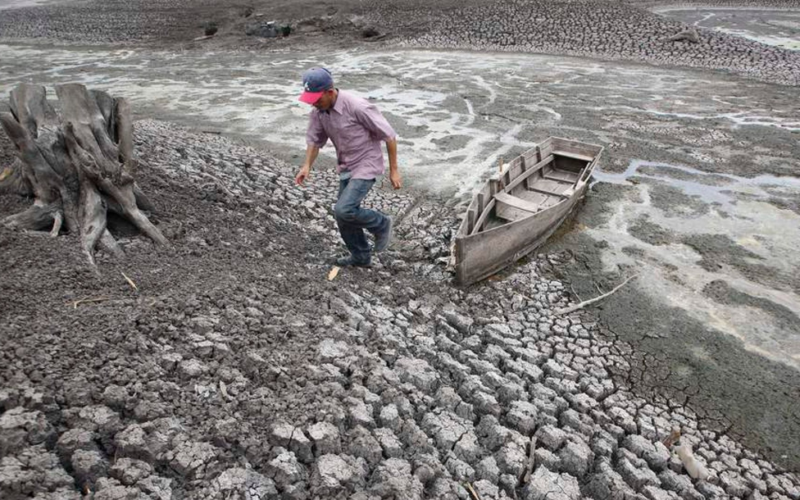The Philippines is preparing for an extended period of El Nino, anticipating the likelihood of drought affecting nearly 80% of its provinces. President Ferdinand Marcos Jr. has issued directives to consolidate measures aimed at mitigating the impact of the persistent El Nino weather phenomenon, which is expected to extend until the second quarter of 2024.
President Marcos Jr. has taken decisive action by instructing the consolidation of all necessary measures to address the prolonged El Nino impact. The government has identified key priority areas, emphasizing the need to ensure adequate measures in water management, food security, power supply, healthcare, and public safety.
According to Science and Technology Secretary Renato Solidum Jr., as many as 65 provinces, constituting 77% of all provinces in the Southeast Asian nation, could potentially experience drought in the upcoming year. This projection underscores the scale of the challenge and the comprehensive efforts required to manage the consequences of the prolonged El Nino.
With the persistent El Nino posing a significant threat to various sectors, the government is expected to implement robust mitigation strategies. These may include measures to enhance water conservation, secure food supplies, maintain power stability, bolster healthcare infrastructure, and ensure public safety in the face of potential challenges arising from the prolonged weather phenomenon.
Recognizing the multifaceted impact of El Nino, the government’s approach encompasses a sectoral focus to address specific challenges. By prioritizing water, food, power, health, and public safety, authorities aim to streamline efforts and resources to effectively tackle the anticipated drought conditions and related consequences.
As the Philippines braces for an extended period of El Nino, the government’s proactive measures and sectoral prioritization demonstrate a commitment to addressing the potential challenges arising from the weather phenomenon. With a focus on comprehensive mitigation strategies, the nation aims to navigate the impacts of drought and safeguard essential aspects of daily life. The concerted efforts underscore the importance of preparedness and adaptability in the face of prolonged climatic events.








